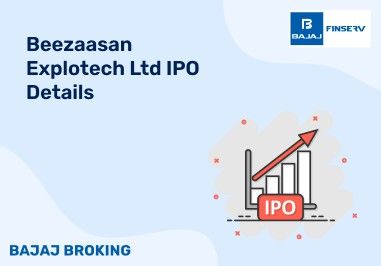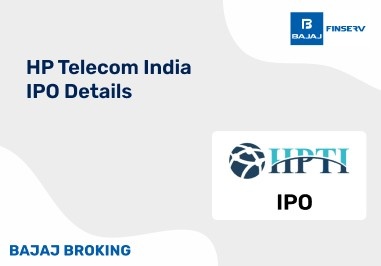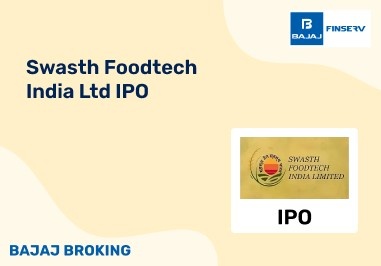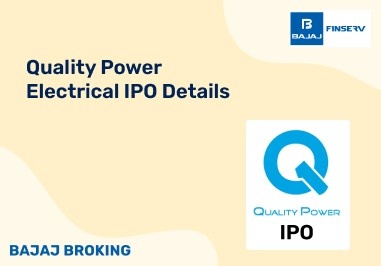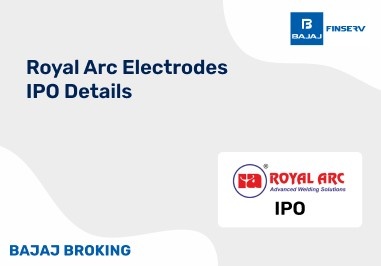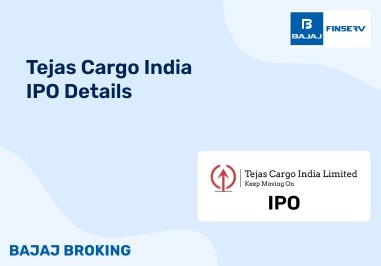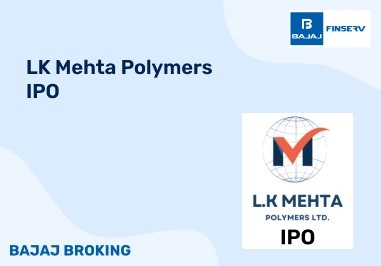IPO (Initial Public Offering) is the process by which a private company invites the public to purchase its shares for the first time. Through IPOs, companies can raise capital by offering their equity to regular investors.
Companies use the capital gained through IPOs to purchase equipment, specialised machinery and also repay debts. They can also use the capital for research and development or expansion.
IPOs provide you with the opportunity to become the owner of a newly listed company and benefit from the rise in share prices. Here are some of the reasons why you can consider investing in an IPO:
• You’ll get the chance to invest early in companies with high-growth potential.
-
• You can benefit from the long-term growth potential through IPO investment, as you get access to shares at the listing price.
-
• Liquidity in IPOs is high, and you can easily sell the shares and make a quick profit on the investments.
-
We make the process of applying for an IPO easier than ever; you don’t have to search for information or documents as the details are pre-filled. Open a Demat account with us in a few minutes and apply for an IPO with your UPI ID.















